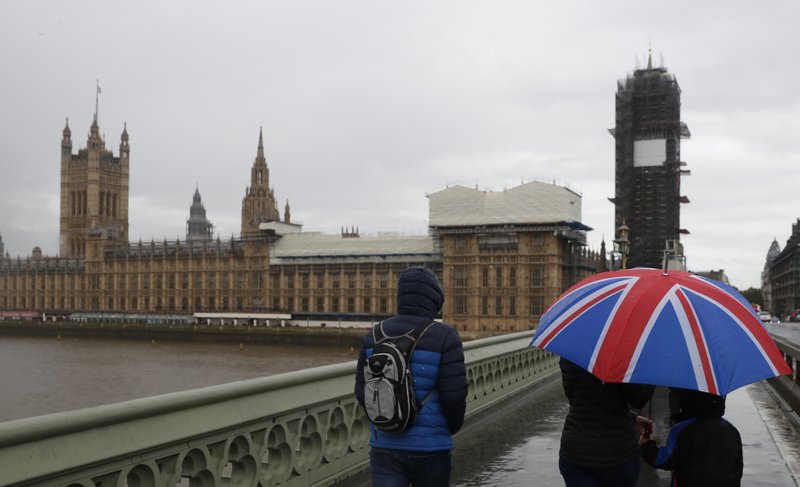
File photo: AP
University students in England will pay full tuition fees even if academic institutions do not reopen their premises in the autumn and can only teach online, the government has revealed.
No decision has yet been made on whether campuses will reopen for the start of the next academic year, but universities minister, Michelle Donelan, said as long as the quality of teaching was up to standard, they should still charge full fees.
"We have already seen, over the last few months, courses being delivered online and virtually to an amazing degree of quality, and I know the efforts made across the sector to facilitate that," she said. "We don't believe students will be entitled to reimbursement if the quality is there."
There would be a complaints process if students felt the quality of teaching was not adequate, she added, but "universities are still continuing with their overheads and their expenses during this time, and it's no fault of their own".
The news will add more stress to students moving from school to university this summer, who already face crucial end-of-year examinations being replaced by estimated marks calculated by their teachers, because of the school shutdown caused by the novel coronavirus.
Universities are also concerned about the loss of income that will be caused by the expected reduction in overseas student numbers.
According to figures published by the UK Council for International Student Affairs in December 2019, there were 458,490 non-UK students studying in the UK in 2017-18, with China supplying the biggest contingent, 106,530 students, and University College London having more than any other institution.
The Institute for Fiscal Studies, or IFS, said while just one in five students at British universities was from overseas, their fees amount to nearly one-third of all tuition income, which could mean increased efforts to attract home-based students to make up numbers, leading to "a desperate scramble, concentrating the income loss on lower ranked universities which would face severe difficulties in recruiting students," said IFA research economist Laura van der Erve.
Universities UK, the sector's representative group, had appealed to the government for 2 billion pounds ($2.5 billion) of emergency funding, which was rejected, but other stability measures including advance payment of research funding and access to Treasury support for businesses have been announced instead. "Should providers require further support the government will continue to review their financial circumstances," added Donelan.
Scotland's First Minister Nicola Sturgeon has vowed to support universities however she can.
"We clearly want our universities to remain where they are right now, which is at the very forefront of global education, delivering the quality education and research that they are globally renowned for," she said.
"So we will work closely with the sector to inform a package of support that could be forthcoming from the Scottish and UK governments. And we will keep very close to them as we understand the scale and the nature of the challenge we face."


